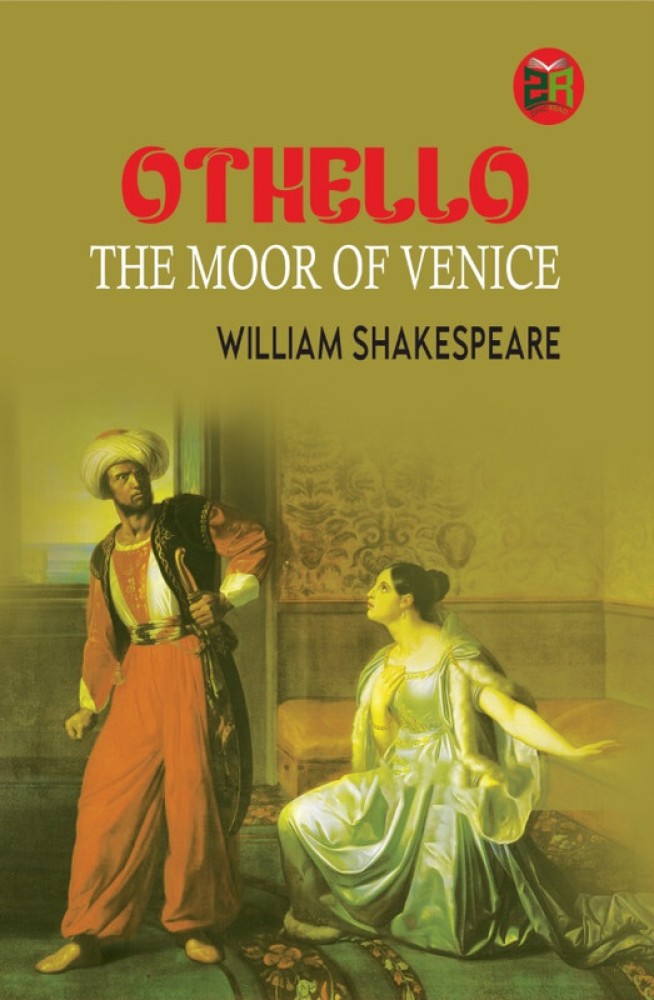Top 5 Shakespeare Plays Ranked by Popularity Which were the greatest Shakespeare plays
William Shakespeare, often referred to as the “Bard of Avon,” continues to captivate audiences around the world with his timeless plays. Even though they were published more than 400 years ago, his works are still essential to theater and literature. Though opinions on the “greatest” Shakespeare plays are subjective, several plays have endured because of their enduring popularity, universal themes, and unforgettable characters. We will examine the meaning and reasons for the popularity of the top 5 Shakespeare plays for audiences of all ages as we go into this exploration.
1. “Hamlet”

“Hamlet,” often hailed as Shakespeare’s magnum opus, takes the top spot on our list. Written between 1599 and 1601, this tragedy explores themes of revenge, madness, and existentialism. The play’s central character, Prince Hamlet, grapples with the death of his father, the newly-married Queen Gertrude, and the machinations of his uncle, King Claudius. The iconic soliloquy “To be or not to be” encapsulates Hamlet’s internal struggle and has become one of the most famous lines in English literature.
The examination of the human condition in “Hamlet” is what gives it its lasting appeal. Because audiences have been able to relate to Hamlet’s inner agony for generations, the play has remained ageless and universal. Because of its rich language, nuanced characters, and examination of moral complexity, the play is still widely used in theatrical and academic contexts.
2. “Romeo and Juliet”

“Romeo and Juliet” stands as one of Shakespeare’s most famous tragedies and a quintessential love story. Written in the early stages of his career, around 1597, the play tells the tale of two young, star-crossed lovers from feuding families in Verona. The play’s exploration of love, fate, and the consequences of familial discord has resonated with audiences for centuries.
The treatment of eternal issues in “Romeo and Juliet” is likely the reason for its ongoing popularity. Themes that cut across time and culture include the intensity of adolescent love, the effects of family dynamics on individuals, and the fatal results of misunderstandings. The play’s enduring appeal is largely due to its beautiful language, endearing characters, and thrilling conclusion.
3. “Macbeth”

“Macbeth,” a tragedy believed to have been written around 1606, is a compelling exploration of ambition, power, and the consequences of unchecked desire. The play follows the rise and fall of Macbeth, a Scottish general who, driven by the prophecy of three witches, succumbs to the lure of power and descends into madness. The play’s supernatural elements, including the infamous witches and the ghostly apparitions, add an eerie and mystical dimension to the narrative.
Also Read-
- A Midsummer Night’s Dream Novel Summary by William Shakespeare
- Compare and contrast the themes of love and sacrifice in William Shakespeare’s “Hamlet” and Emily Bronte’s “Wuthering Heights.”
- Compare and contrast the themes of love and duty in William Shakespeare’s “Hamlet” and Jane Austen’s “Persuasion.”
“Macbeth” endures as a masterpiece due to its psychological depth and exploration of the corrupting influence of power. The play’s portrayal of guilt, paranoia, and the unraveling of the human psyche has fascinated audiences and scholars alike. The character of Lady Macbeth, with her memorable sleepwalking scene and haunting lines like “Out, damned spot!,” adds to the play’s enduring impact.
4. “Othello”

“Othello,” written around 1603, is a tragedy that delves into themes of jealousy, racism, and manipulation. The play centers on the Moorish general Othello, whose ensign Iago cunningly exploits his trust and love for his wife, Desdemona, leading to a tragic chain of events. The play’s exploration of racial and social issues, coupled with its intense character dynamics, has contributed to its lasting relevance.
The enduring appeal of “Othello” lies in its exploration of the destructive power of jealousy and the manipulation of trust. The character of Iago, often considered one of Shakespeare’s most malevolent villains, showcases the depths of human deceit. “Othello” continues to be studied and performed for its complex characters, dramatic tension, and exploration of timeless issues.
5. “A Midsummer Night’s Dream”

“A Midsummer Night’s Dream,” a romantic comedy believed to have been written in the mid-1590s, offers a stark contrast to the tragedies on this list. This whimsical play interweaves the stories of four sets of lovers and the mischievous interventions of the fairy king and queen, Oberon and Titania, and the mischievous Puck. The play’s exploration of love, fantasy, and the unpredictable nature of human emotions has contributed to its enduring popularity.
The timeless appeal of “A Midsummer Night’s Dream” can be attributed to its lighthearted humor, enchanting fairy elements, and exploration of the complexities of romantic relationships. The play’s magical setting, memorable characters, and comedic elements have made it a favorite for both audiences and performers alike.
Conclusion
the enduring popularity of William Shakespeare’s plays can be attributed to their profound exploration of universal themes, memorable characters, and timeless human experiences. “Hamlet,” with its introspective soliloquies and complex characters, stands as a pinnacle of Shakespearean tragedy. “Romeo and Juliet” captures the intensity of young love and the consequences of familial discord, resonating with audiences across generations. “Macbeth” delves into the corrupting influence of ambition and power, offering a psychological exploration of the human psyche. “Othello” addresses issues of jealousy, racism, and manipulation, showcasing the destructive power of deceit. Lastly, “A Midsummer Night’s Dream” provides a lighthearted contrast with its whimsical setting and comedic exploration of romantic relationships.
Shakespeare’s plays are still studied, performed, and appreciated all over the world, demonstrating their enduring value and influence on theater and literature. The Bard’s writings will live on for many years to come because of his capacity to delve into the depths of human emotion and the complexity of the human condition.
FAQ.
1. Why are Shakespeare’s plays still relevant today?
Shakespeare’s plays remain relevant today because they delve into fundamental aspects of the human experience—love, power, jealousy, ambition, and the complexities of human relationships. The themes and characters are relatable across cultures and time periods, making his works timeless.
2. What makes “Hamlet” Shakespeare’s magnum opus?
“Hamlet” is often considered Shakespeare’s magnum opus due to its exploration of existential themes, complex characters, and the eloquence of its language. The character of Hamlet, grappling with internal conflict and moral ambiguity, has resonated with audiences for centuries.
3. Why is “Romeo and Juliet” considered a quintessential love story?
“Romeo and Juliet” is considered a quintessential love story due to its portrayal of intense, youthful love transcending familial conflicts. The play explores the consequences of passion, fate, and misunderstandings, creating a narrative that continues to captivate audiences.
4. How does “Macbeth” explore the corrupting influence of power?
“Macbeth” explores the corrupting influence of power through the character of Macbeth, who succumbs to his ambition and descends into madness. The play examines the psychological toll of unchecked desire for power and the moral consequences of one’s actions.
5. What themes does “Othello” address?
“Othello” addresses themes of jealousy, racism, and manipulation. The play examines how the manipulation of trust and the destructive power of jealousy can lead to tragic outcomes. The character of Iago, with his cunning deceit, adds complexity to the exploration of these themes.
6. Why is “A Midsummer Night’s Dream” considered a romantic comedy?
“A Midsummer Night’s Dream” is considered a romantic comedy due to its whimsical setting, mischievous fairies, and comedic elements. The play explores the unpredictable nature of love and relationships, providing a lighthearted contrast to Shakespeare’s more serious works.
7. How has Shakespeare’s impact transcended time and culture?
Shakespeare’s impact transcends time and culture because his works address fundamental aspects of the human condition. The universality of his themes, the richness of his characters, and the beauty of his language make his plays accessible and resonant across diverse audiences and historical periods.
















